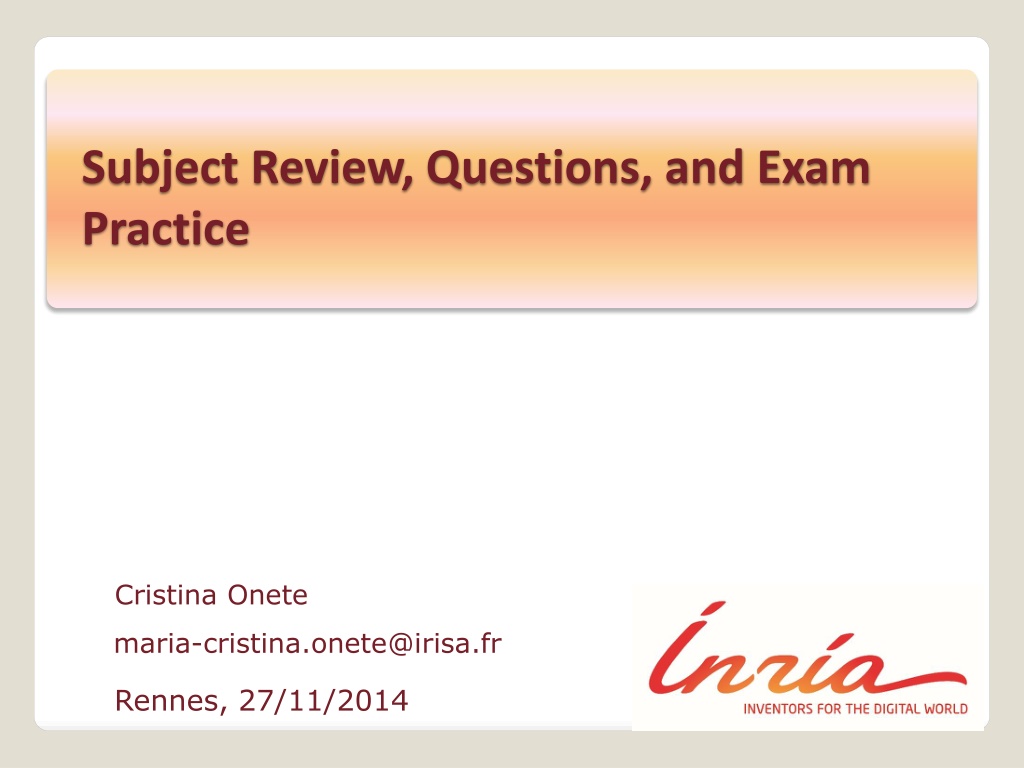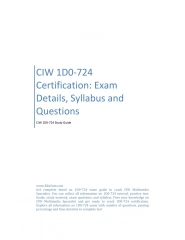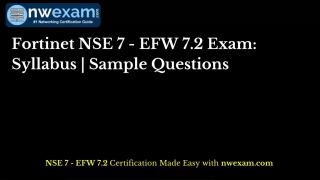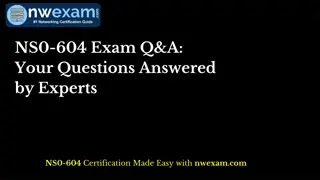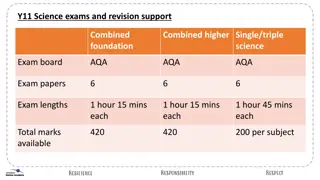Subject Review, Questions, and Exam Practice
Feistel schemes play a crucial role in block cipher construction, offering insights into relevant security notions, connections with PRPs, and the insecurity of certain rounds. Explore exercises on PRPs, modes of operation, the birthday paradox, hash functions, and more in this comprehensive review and exam practice by Cristina Onete.
Download Presentation

Please find below an Image/Link to download the presentation.
The content on the website is provided AS IS for your information and personal use only. It may not be sold, licensed, or shared on other websites without obtaining consent from the author.If you encounter any issues during the download, it is possible that the publisher has removed the file from their server.
You are allowed to download the files provided on this website for personal or commercial use, subject to the condition that they are used lawfully. All files are the property of their respective owners.
The content on the website is provided AS IS for your information and personal use only. It may not be sold, licensed, or shared on other websites without obtaining consent from the author.
E N D
Presentation Transcript
Subject Review, Questions, and Exam Practice Cristina Onete maria-cristina.onete@irisa.fr Rennes, 27/11/2014
Review : Feistel schemes Structure used in block cipher construction Some properties: Exercise 1: What is the rele- vant security notion? Exercise 2: What is the connec- tion between security and PRPs? Exercise 3: Show that 1 round is insecure Exercise 4: Show that 2 rounds are insecure Exercise 5: Show that 3 rounds are insecure under IND-CCA Cristina Onete || 27/11/2014 || 2
PRPs Exercise 6: Explain what is meant by the information in the red box Cristina Onete || 27/11/2014 || 3
Modes of operation Exercise 7: Describe the following modes of operation for block ciphers: ECB CBC CTR Exercise 8: Which modes are deterministic? In which conditions? (think of the IVs) Exercise 9: Can you find an attack for the ECB mode? Cristina Onete || 27/11/2014 || 4
Birthday Paradox Exercise 10: Explain the result in Experiment 2 Cristina Onete || 27/11/2014 || 5
Birthday attack vs paradox Exercise 11: How can we use the birthday paradox in an attack? Cristina Onete || 27/11/2014 || 6
Hash functions Exercise 12: What is the difference between hash functions in general and cryptographic hash functions? Exercise 13: There are always collisions in hash functions. When do we call a cryptographic hash function secure? Why do we call them secure if such collisions exist? Exercise 14: Can you give an example of where a stream cipher is used in practical protocols? Cristina Onete || 27/11/2014 || 7
Thanks! CIDRE
